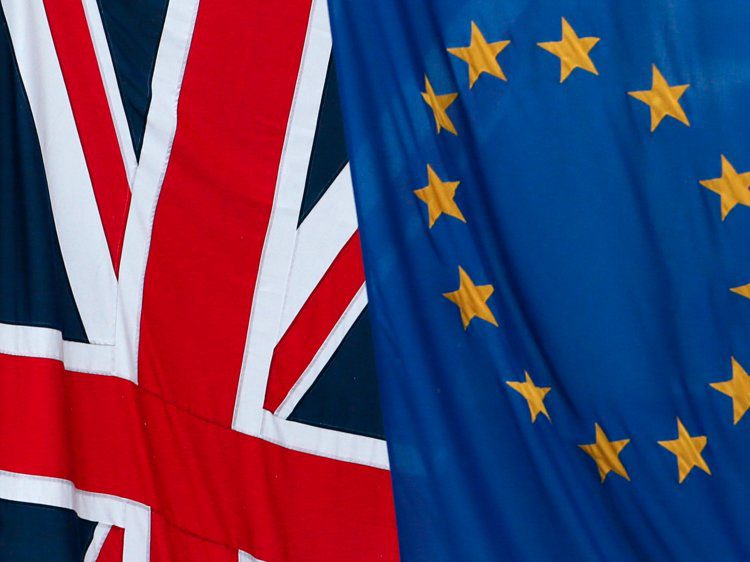15 November 2018
Like many others, we are studying the text of the draft EU/UK withdrawal agreement to understand its implications for the future of the UK fishing industry. Our provisional view is that this is an extremely important first step towards a new future for the UK as an independent coastal state, denied us 40 years ago when the UK signed up to the Common Fisheries Policy. It is, however, only a first step. Further challenges lie ahead in securing the actual access arrangements and quota shares consistent with that new status.
The key passage on fisheries reads:
FISHING OPPORTUNITIES
The parties agree to:
● Cooperation bilaterally and internationally to ensure fishing at sustainable levels, promote resource conservation, and foster a clean, healthy and productive marine environment, noting that the United Kingdom will be an independent coastal state. While preserving regulatory autonomy, cooperation on the development of measures for the conservation, rational management and regulation of fisheries, in a non-discriminatory manner. Close working with other coastal states and in international fora, including to manage shared stocks.
● Within the context of the overall economic partnership, establishment of a new fisheries agreement on, inter alia, access to waters and quota shares, to be in place in time to be used for determining fishing opportunities for the first year after the transition period.
Recognition that the UK will be an independent coastal state, carries with it the important implication that the automatic right of EU vessels to fish in UK waters – the principle of equal access – will end. Similarly, quota shares between the UK and the EU member states will no longer be governed by the 1983 agreement known as the principle of relative stability. The reference to regulatory autonomy, likewise, is weighted with meaning because it is a recognition that after any transition period, the UK will determine the rules for all vessels, domestic and foreign, which fish within the UK exclusive economic zone. The European institutions – the Council of Ministers, the European Parliament and the European Commission – will no longer determine the rules under which vessels fish in UK waters. The implied corollary is that UK vessels fishing in EU waters will be subject to EU rules.
It would be hard to overestimate the seismic significance of this shift. The agreement binds the parties to work cooperatively to ensure that fishing remains within sustainable levels. It concedes, however, that under international law, the UK will negotiate as an independent coastal state, with the rights and responsibilities of that new status under UN Law of the Sea.
Future Agreements
Much of the content on fisheries in the withdrawal agreement follows by default from the UK’s altered legal status. The parties agree to cooperate and the substance of any future agreement between the EU and UK on access and quota rights will take place in time to take effect after the end of any transition period. The EU, in its initial negotiating mandate, made clear that it would seek to make an agreement on a future EU/UK trade deal contingent on maintaining existing access to fish in UK waters and status quo on quota shares. The explicit reference to future fisheries negotiations between the UK and EU taking place within the context of the overall economic partnership, signals that this is where the EU will seek to maintain its negotiating leverage, albeit with a much-weakened hand to play.
The most relevant reference point here is Norway, which maintains its own fisheries policy outside the CFP. Shared stocks are managed jointly with the EU and other countries through annual reciprocal fisheries agreements. These annual agreements set the overall level of total allowable catches on the basis of scientific advice. They also agree access arrangements and quota shares (based on an objective assessment of the fish resources by species in each respective zone.) Quotas are exchanged annually on a reciprocal basis. Unlike many other Norwegian goods, Norwegian fisheries products do not have unfettered access to the European single market and are subject to various tariffs.
Setting aside the complex and controversial questions surrounding parliamentary approval for the withdrawal agreement, much still hinges on the negotiations ahead. The UK’s legal status has altered and its leverage in fisheries negotiations has dramatically changed but unless that new status is used to address the gross distortions in quota shares, fishermen will question what it has all been for. English fishermen in the Channel who have struggled with a 9% share of the cod quota (compared to France’s 84% share) have a legitimate expectation that this will be addressed – and quickly. This is only the most extreme of many examples of where the UK has been systematically disadvantaged by the CFP over 40 years.
To deliver the fair share of fishing opportunities that they rightly see as theirs, British fishermen, in this second round, will expect our negotiators to be as tough, astute, and hard-nosed as they need to be to realise the benefits of our new status as an independent coastal state.

